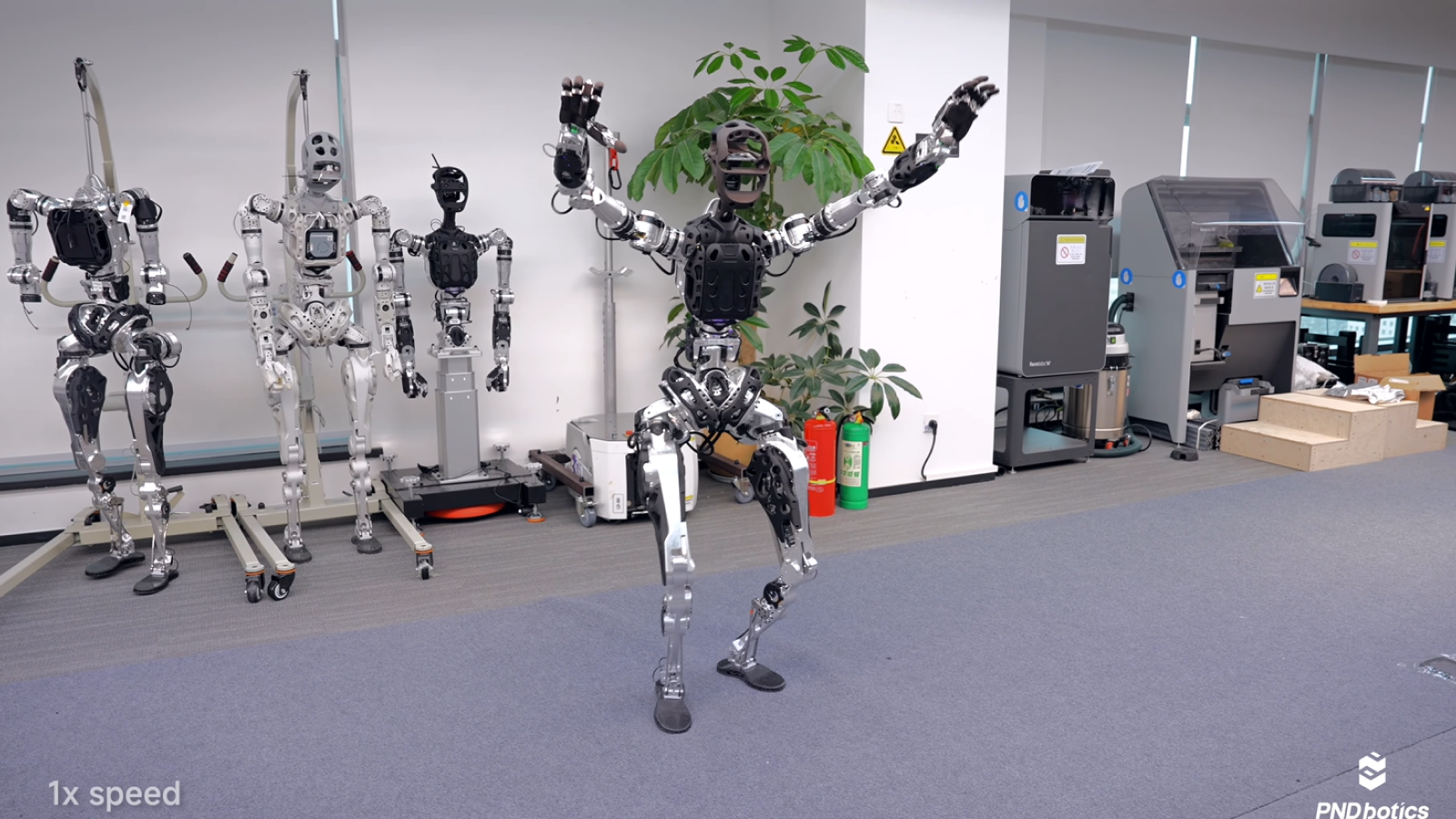Delta variant now makes up 83% of new COVID-19 cases in US
"Areas with limited vaccine coverage area allowing for the emergence and rapid spread of the highly transmissible delta variant."

The SARS-CoV-2 delta variant now makes up 83% of new U.S. cases, Dr. Rochelle Walensky, the director of the Centers for Disease Control and Prevention, said on Tuesday (July 20) at a Senate hearing.
"This is a dramatic increase up from 50% the week of July 3," Walensky said. "In some parts of the country, the percentage is even higher, particularly in areas of low vaccination rates."
A total of 161.5 million people, or 48.6% of the total U.S. population, has been fully vaccinated, according to CDC data. But nearly two-thirds of U.S. counties have less than 40% of their residents vaccinated, Walensky said. "Areas with limited vaccine coverage are allowing for the emergence and rapid spread of the highly transmissible delta variant."
Related: Coronavirus variants: Here's how the SARS-CoV-2 mutants stack up
But some areas with high vaccination rates, such as San Francisco, are also seeing a rise in cases, according to a state data tracker. Still, the vast majority of people who are currently hospitalized in San Fransisco with COVID-19 have not been vaccinated, according to ABC7 News.
The delta variant, or B.1.617.2, was first discovered in India, but has now spread to more than 100 countries, according to the World Health Organization. Delta is thought to be around 60% more transmissible than the previous dominant strain, the alpha variant, Live Science previously reported.
In June, Dr. Anthony Fauci, the director of the National Institute of Allergy and infectious Diseases, called the delta variant the "greatest threat," to the U.S. efforts to eliminate COVID-19, Live Science previously reported.
Get the world’s most fascinating discoveries delivered straight to your inbox.
"The reason [delta is] so formidable is the fact that it has the capability of transmitting efficiently from human to human in an extraordinary manner well beyond any of the other variants that we've experienced up to now," Fauci said during the hearing on Tuesday. That's why delta has now become the dominant variant, he added.
"In areas where vaccine coverage is low, cases and hospitalizations are starting to climb again," Walensky said in the hearing. COVID-19 deaths in the U.S. have increased by nearly 48% over the past week to about 239 deaths per day, she said. "Each death is tragic and even more heartbreaking when we know that the majority of these deaths could be prevented with a simple, safe, available vaccine," Walensky said.
Current data indicates that vaccines work against the circulating variants in the U.S. (including the delta variant) and protect people against severe disease, hospitalization and death, she said. "The message from CDC remains clear: The best way to prevent the spread of COVID-19 variants, is to prevent the spread of disease," she said. "Vaccination is the most powerful tool we have."
During the briefing, Fauci reiterated that the vaccines being used in the U.S. are highly effective at protecting people against delta, particularly in preventing hospitalizations and death.
Now, studies are being done to determine whether or not booster shots will be needed to increase the durability of protection against SARS-CoV-2. "We don't want people to believe" that the reason there's all this talk about boosters is because the vaccines aren't effective," Fauci said. "They're highly effective," and a booster may just be needed to increase the durability of that protection.
Experts have said that most people who are fully vaccinated against COVID-19 in the U.S. are strongly protected against the highly transmissible delta variant of the coronavirus, and likely do not need booster shots yet, Live Science previously reported. But people who are immunosuppressed may need boosters as part of their initial vaccination regimen, Fauci said.
Right now, it is of "extraordinary importance," to get as many people vaccinated as we possibly can, Fauci added.
Originally published on Live Science.

Yasemin is a staff writer at Live Science, covering health, neuroscience and biology. Her work has appeared in Scientific American, Science and the San Jose Mercury News. She has a bachelor's degree in biomedical engineering from the University of Connecticut and a graduate certificate in science communication from the University of California, Santa Cruz.
 Live Science Plus
Live Science Plus





